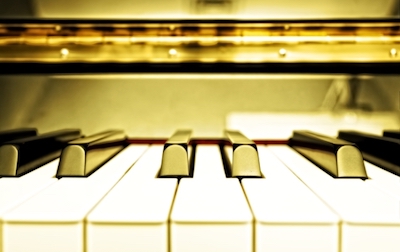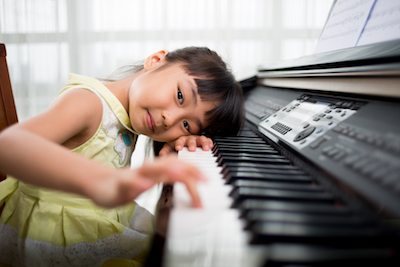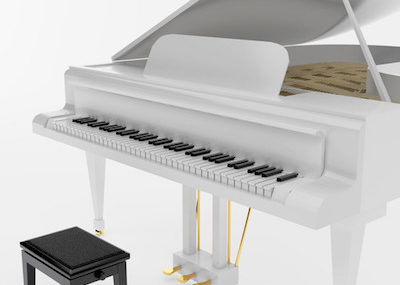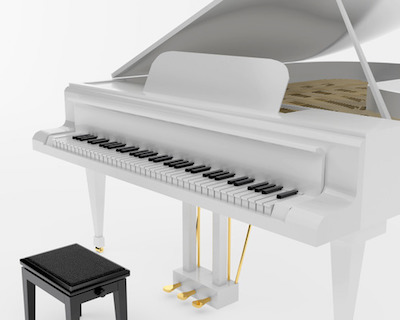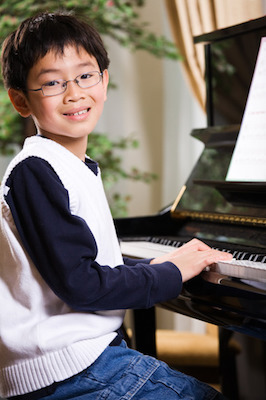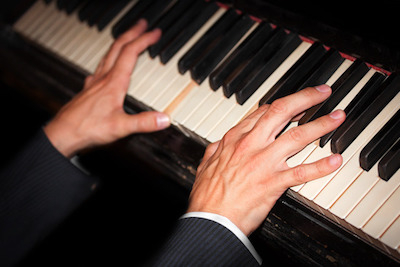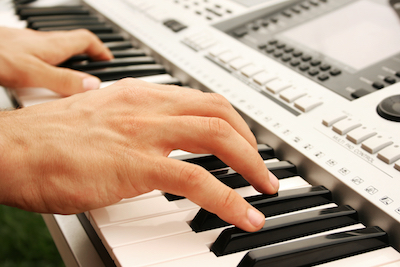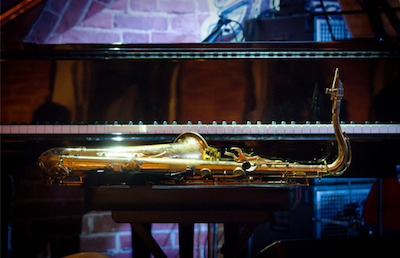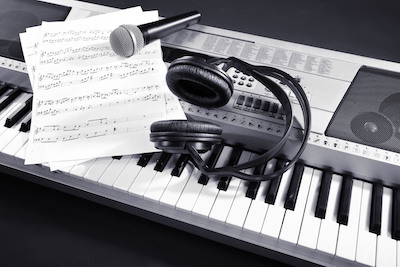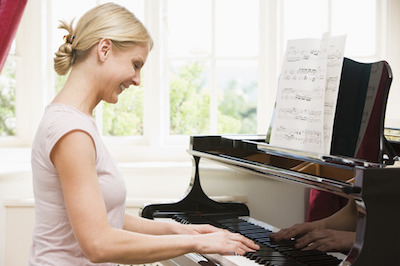Ready to buy a piano? It can seem like a difficult task. Do a little searching online, and you’ll come away more confused. Should you pick up the free one on Craigslist? How much should you invest to ensure it’s high quality?
And just when you think you understand the difference between an upright and a grand, you find something else to add to the mix: acoustic versus digital. If you’re leaning towards the digital, what should you keep in mind?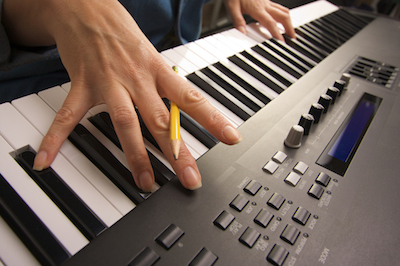
Ensure 88 Keys
While the number of keys has changed throughout time, today’s modern pianos have 52 white keys and 36 black keys for a total of 88 keys. While you can find keyboards with lesser amounts, if your goal is to learn how to play the piano, avoid purchasing anything with a lower count. A full range will ensure you have the ability to play any music.
Make Sure The Keys Are Standard Width
One of the fun parts of learning to play the piano is your ability to sit down at any piano and start to play. For this reason, it’s important to ensure the keys on your new digital piano are standard size. Be wary of “toy” pianos which usually have narrower keys. A standard piano key width is approximately 23mm wide. If you find one significantly narrower, it’s better to move on.
They Keys Should Be Weighted
The keys should also feel like a traditional piano when they are pressed down and played. It makes the keys feel more like the keys of a traditional piano. Without weighted action, the keys on the keyboard will feel more like an organ. It will also be more difficult to convert your skills to a traditional piano.
Avoid Bells and Whistles
When shopping for a digital piano, it’s easy to be wowed by the extra features attached. The buttons, lights, and hundreds of different instrument sounds and features can look fun and appealing. In most cases, those extras are rarely used throughout the life of the instrument. You will likely play on the acoustic setting the majority of the time. You just won’t use your piano to make a sound like a tuba. If you’re looking for extras, select things you will use: a built in metronome can be handy for learning rhythms.
Make Sure It Has Pedals
At a minimum, be sure the digital piano you select has a pedal called a sustain pedal. It’s impossible to play modern music without one. If you select a high quality digital piano, one pedal shouldn’t be a problem. It may also have the second or third pedal as well.
That’s it. If the digital piano you are considering has all five things, it will most likely be a piano you can play on for years.
How can we help you select the perfect digital piano for your needs?
